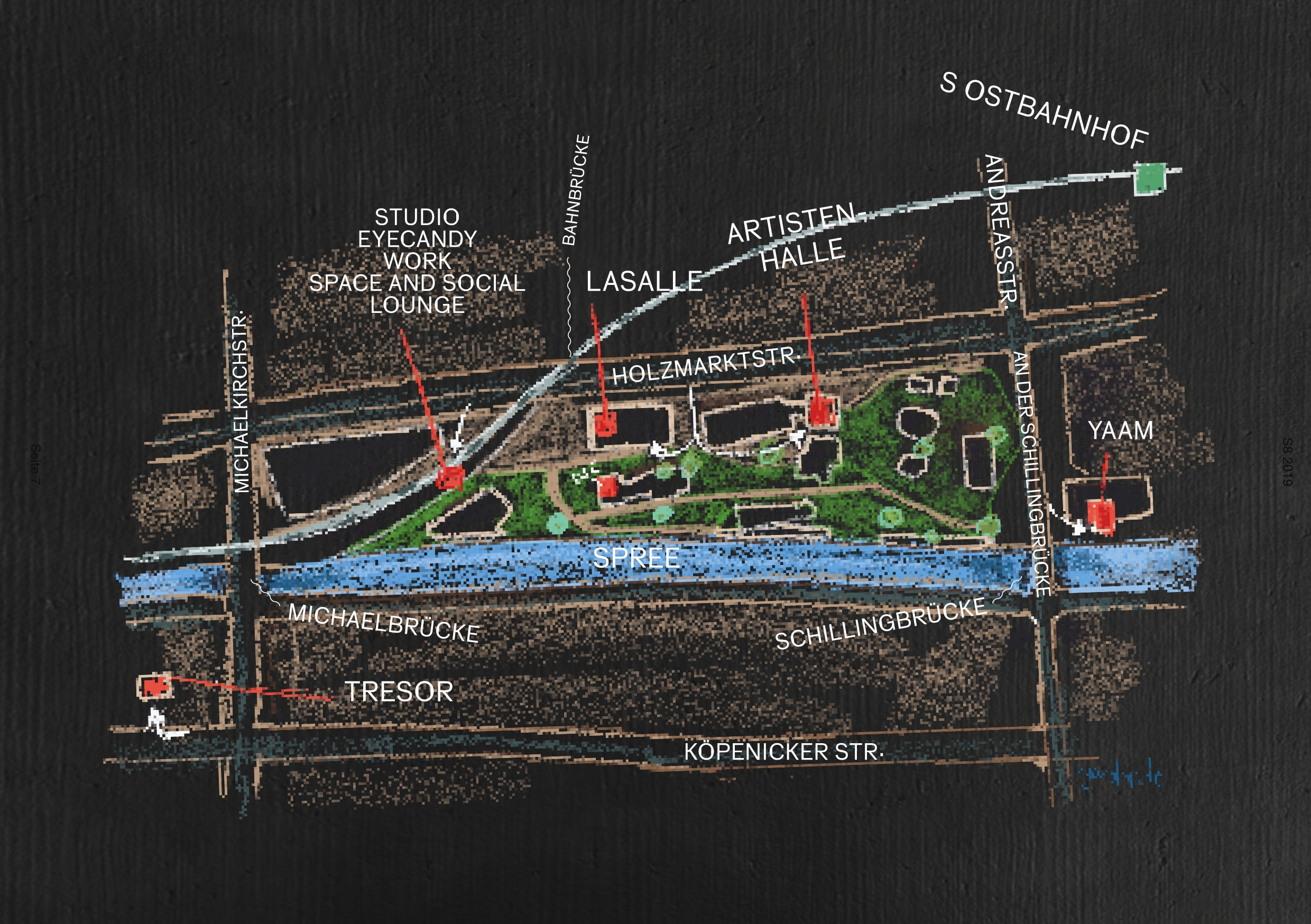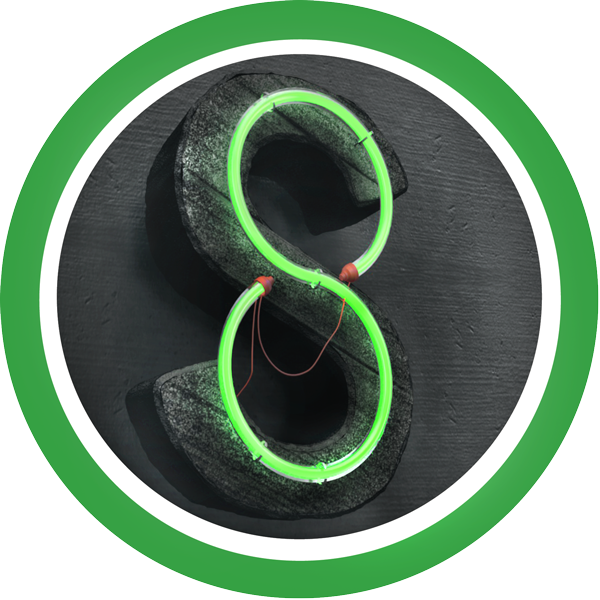
THANK YOU, FOLKS!
AND SEE YOU ALL AGAIN
25.-27. NOV 2021!
Here’s our AFTERMOVIE 2019
ÜBER DIESE KONFERENZ
ABOUT THIS CONFERENCE
Nachtkultur wird heute zunehmend als wichtige Freizeitaktivität, als urbaner Attraktivitätsfaktor, anerkannt. Im Fokus der nächtlichen Diskussion stehen aber weiterhin primär Problemsituationen wie die nächtliche Koexistenz, Gewalt und das individuelle Risikoverhalten, in Bezug auf den Konsum von Alkohol und illegalen Substanzen oder beim Sex. Das Nachtleben wird zu oft als problematische städtische Nutzung angesehen, von den Kulturförderungsaspekten, vom Einfluss des Nachtlebens auf die Zufriedenheit der Gesellschaft, wird viel zu selten gesprochen. Doch gerade die Erfahrung zeigt, dass sich die Nachtkultur dann am besten Entwickelt, wenn eine breite interdisziplinäre Akzeptanz vorhanden ist. Dafür braucht es nicht nur eine Integration der Themen Gesundheit & Sicherheit und Stadtentwicklung, sondern auch Bezüge auf die Nachtökonomie und Kultur. Wir freuen uns auf eine interessante Konferenz, einen regen internationalen Austausch und kontroverse Diskussionen.
Die NIGHTS Stadt nach Acht – Frei(t)räume bringt Akteure aus den Bereichen Stadtplanung, Prävention und Schadensminderung sowie Kultur und Nachtökonomie zusammen. Die Beiträge in den Vortragspanels und Expertise für die Diskussionen liefern internationale ReferentInnen, WissenschaftlerInnen, politische MandatsträgerInnen, BehördenmitarbeiterInnen und Veranstalter, Nachtakteure und –AktivistInnen. Die rund zweihundert Referentinnen aus dem In- und Ausland präsentieren persönliche Erfahrungen, aktuellste Expertisen, neuestes Wissen und Good Practice Beispiele.
The night isn’t merely an extension of the day – it is characterized through the needs of a 24/7 society, as well as the desire for leisure time and cultural participation. Despite the increased acknowledgement that nightlife culture is an important factor when defining urban attraction, issues such as neighbourhood conflicts, the illegal drug trade, potential violence or personal risk behaviour (in relation to the consumption of intoxicating substances or sexual intercourse) frequently stand at the forefront of discussions revolving around nightlife, and often lead many groups and individuals to view nightlife and festival culture as a problematic environment.
But is a city and our society only liveable with subdued music and a restrictive atmosphere? The contrasting claims for a commonly content life seem to collide with each other more strongly during the night. This contrast helped initiate the process of shaping the night in many places around the world. For this reason, the focus of our interdisciplinary exchange which will take place during the course of the NIGHTS – STADT NACH ACHT conference, will be placed on planning for nightlife and festival culture, as well as creating policies for enablement.
We are looking forward to an interesting conference, a lively international and interdisciplinary exchange, and a controversial discussion.
Who’s Speaking
Here's a brief selection of some of our speakers, panelists, moderators & participants!

Naja Orashvili
Founder of Bassiani | Horoom | Equality Movement for LGBT/Queer rights | Tiblisi [GE]
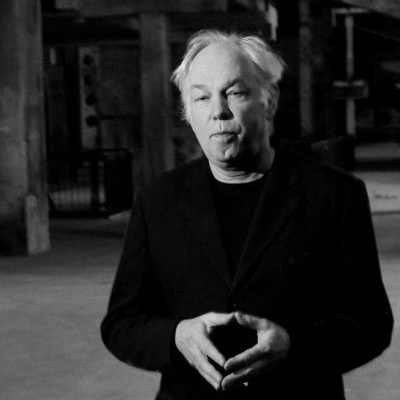
Dimitri Hegemann
Tresor | Atonal Festival | Happy Locals | Berlin [DE]
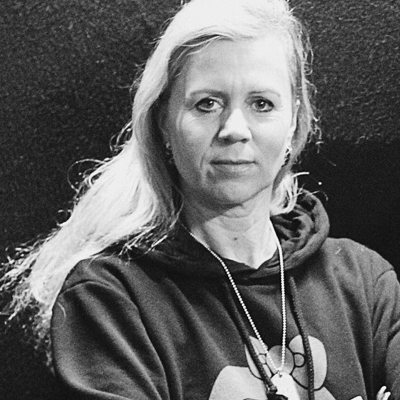
Pamela Schobess
CEO Club Gretchen | 1. Vorsitzende Clubcommission Berlin | Berlin [DE]
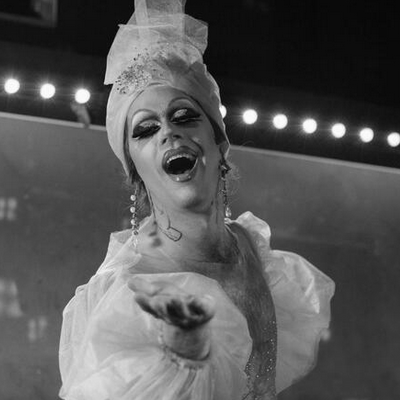
Pansy
Let’s Talk about Sex & Drugs | Berlin [DE]

Ariel Palitz
First Senior Executive Director of Nightlife For the NYC | Mayor's Office of Media & Entertainment - Office of Nightlife | New York [US]
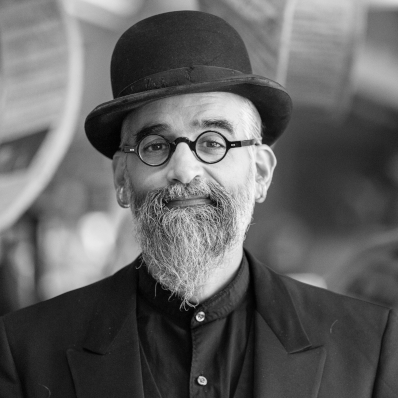
Steven Raspa
Associate Director of Community Events for Burning Man | [US]

Ramona Pop
Berlin Senator of Economy, Energy & Enterprises | Berlin [DE]
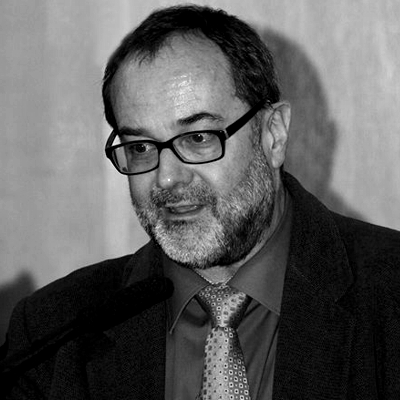
Prof. Dr. Christian Köberl
Universität Wien / Naturhistorisches Museum Wien | Vienna [AT]
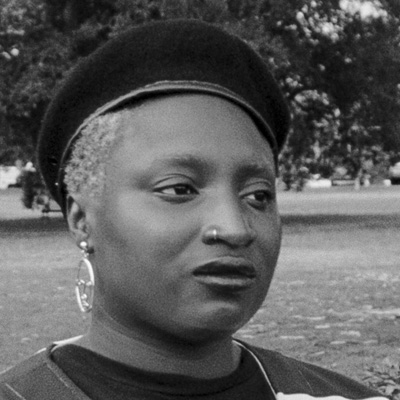
Ayebatonye Abrakasa
Sidney-based DJ, event producer, social activist [AUS]
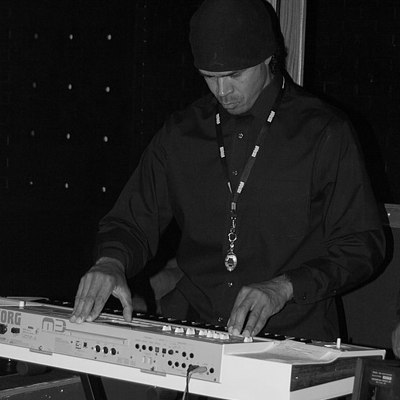
Mike Banks
Underground Resistance | Detroit [US]

Kélina Gotman
Choreomania: Dance and Disorder | London [GB]
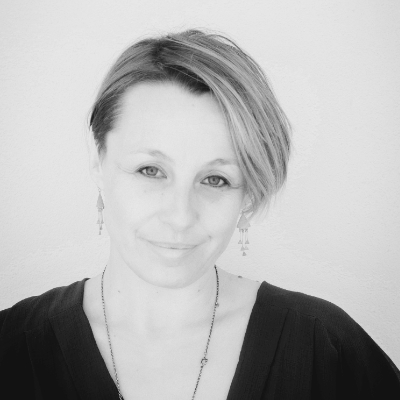
Chiara Baldini
Curator of the Boom Festival | Aljezur [PT]
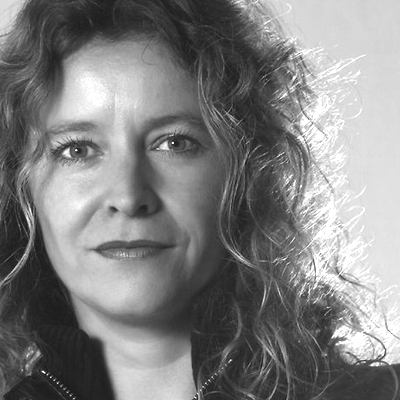
Katja Lucker
Head of Musicboard Berlin | Berlin [DE]
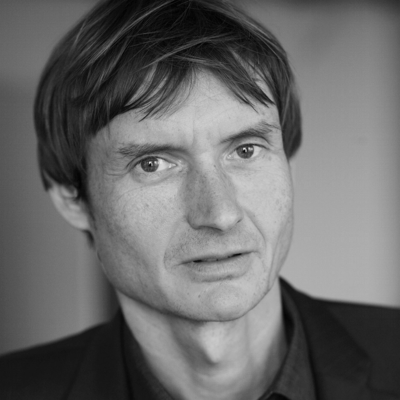
Norman Ohler
Author, journalist | Berlin [DE]
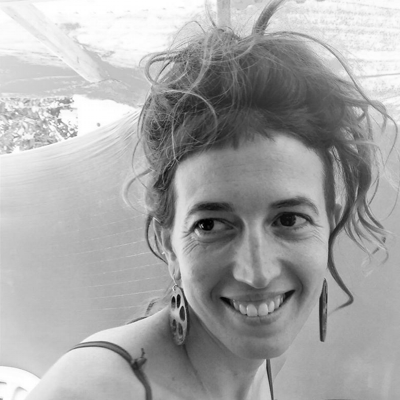
PhD Galia Tanay
Psychologist, Being Fullness, Musician, Writer | Haifa [IS]
